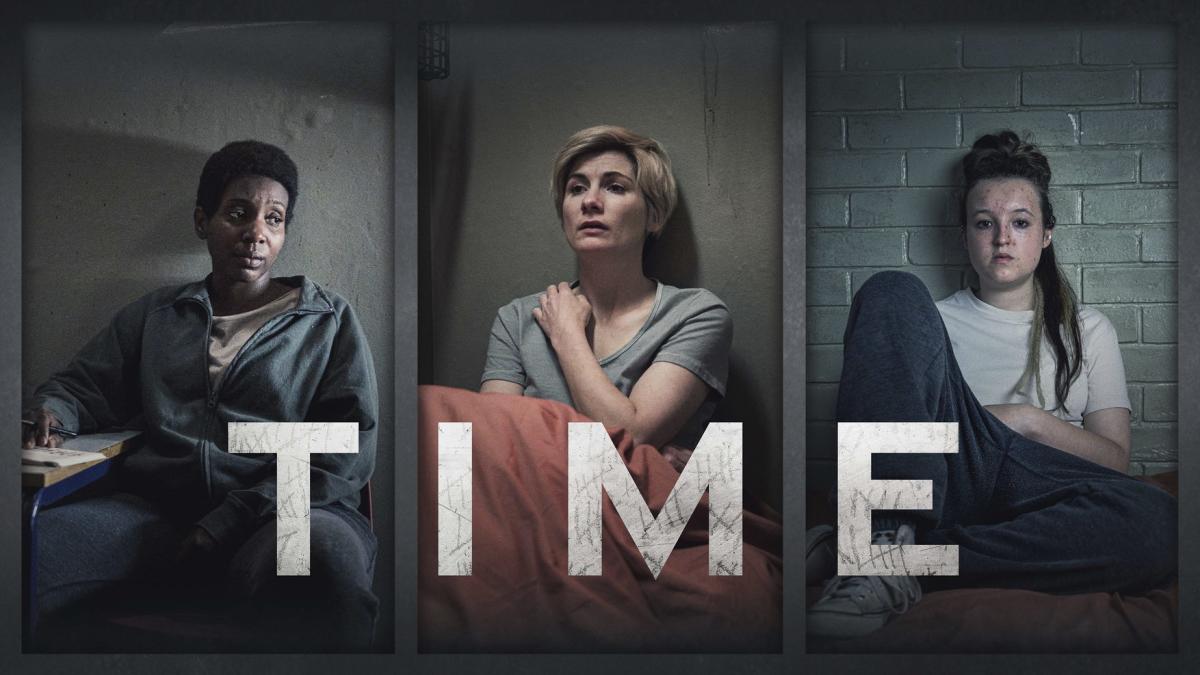Tips for navigating the performing arts world when you’re self-represented
By Charlotte Thornton
Not getting an agent is not rejection of you or a statement about your ability. It is about market conditions. Which I know sounds very dull and corporate. But acting is a business…
Not getting an agent straightaway when I graduated from drama school was a total shock. The pressure of the showcase can feel extreme. With only two minutes to show industry professionals all your potential, it’s almost an impossible task.
I graduated without even a single agent meeting, whilst some of my peers had several. If I had known then what I know now, I wouldn’t have been so heartbroken.
At the time, though, I was gutted because:
- I thought getting an agent was about talent.
- I didn’t have a plan for being self-represented.
Not having a plan made me feel lost and believing I was agentless due to some kind of lack made me feel rejected. Let’s handle both those issues now.
Agents aren’t just looking for talent
Not getting an agent is not a rejection of you or a statement about your ability, it’s about market conditions. I know that sounds very dull and corporate but acting is a business, so market conditions apply.
In this case, it means there are more actors than there are roles, and more actors than there are agents to represent them. The numbers impact your ability to get an agent and even to get in the door.
What I learned when I joined a cooperative agency is that an agency wants a selection of actors who will not compete with each other. There may be overlap but essentially, they want a mixture, so whatever breakdowns come in, they have someone to suggest for each role.
As an agent, I went to many showcases and I couldn’t book meetings with someone just because they were good. I was on the hunt for the types of actors we didn’t have and I was looking to fill the gaps. Certain casting brackets are oversubscribed, so we didn’t need actors who fitted those niches, however brilliant they may have been. So, you see, it’s not just about talent.
Self-representation
When you’re self-represented, you can submit yourself for roles on Spotlight so don’t let being agentless hold you back from working. I worked as a self-represented performer for many years and by the time I made my West End debut, I was so glad I had those years of experience under my belt.
Now you know you’re going to represent yourself, it’s time to start making a career plan. Take some time to think about:
- What do you want from your career?
- Do you have a vision for the stage or screen or both?
- What do you need to do to take that first step on the ladder?
- What might be the one small step you could take today towards that goal?
Once you know what you want to do with your career, think about the small steps you can take today to work towards that goal.
Get a showreel
We all know showreels are important but they’re even more so when you’re self-represented. They’re a great way to show off your talents. And if one of your goals is to get an agent, they’re another way to get noticed.
Getting a showreel should be a step in your career plan. If your drama school didn’t furnish you with one then it may be worth applying for graduate and low-budget films to get experience and scenes for your showreel.
Know that you are talented
It may feel earth-shattering to be out of drama school without an agent, but understand that it’s the challenges that force us to dig deep and rise up stronger.
More importantly: know that it isn’t about you or your ability, it’s just lesson one on the path to success.
Charlotte trained at Mountview and was a professional actor for over 15 years, performing at the Vaudeville, Apollo and the National Theatre and writing and performing her stand-up comedy. She now works with actors passing on what she learnt and is the author of the actors’ guidebook Talent isn’t Enough.












